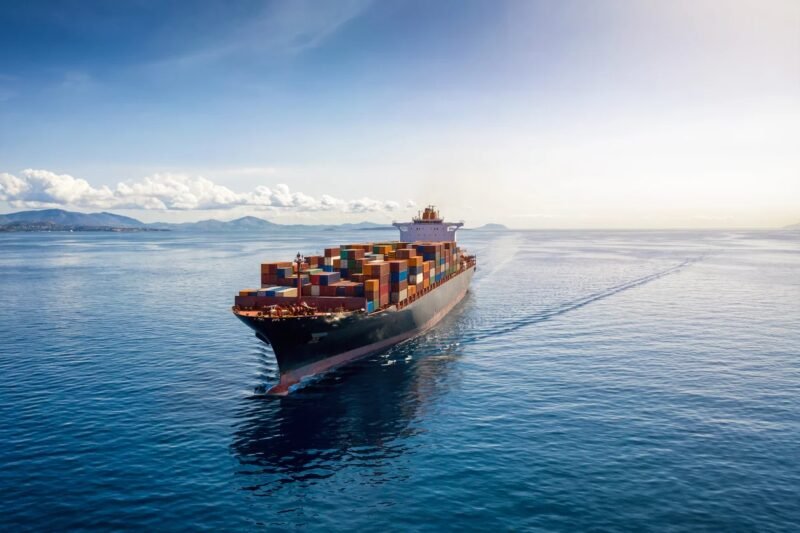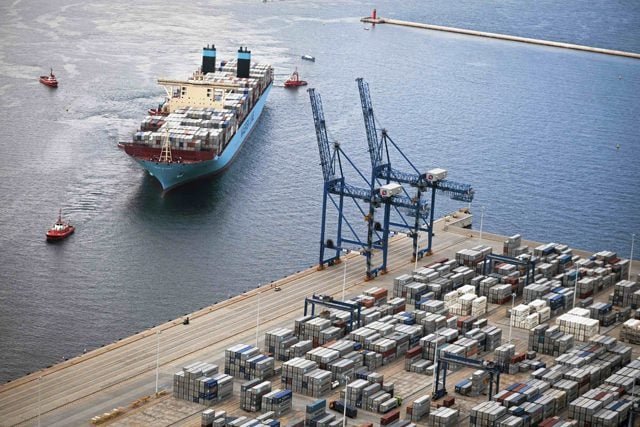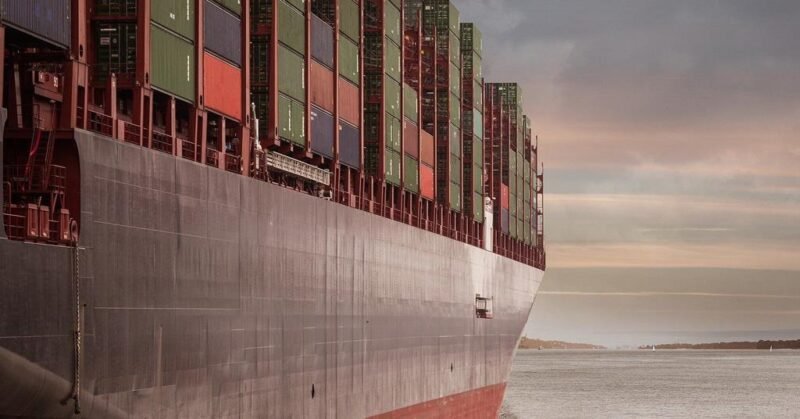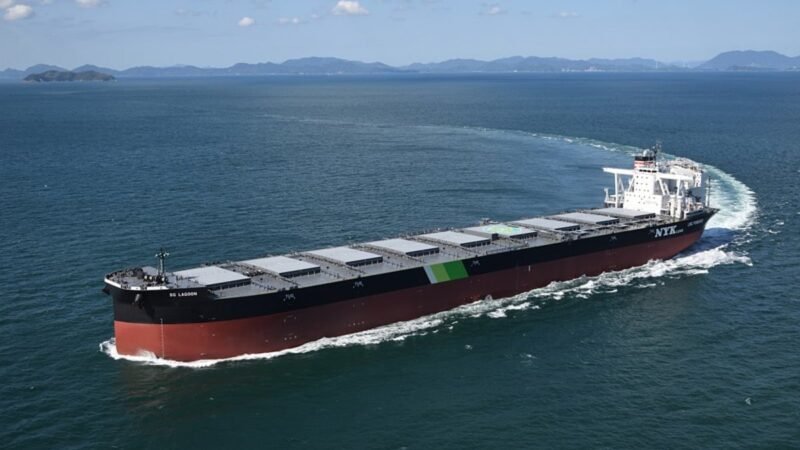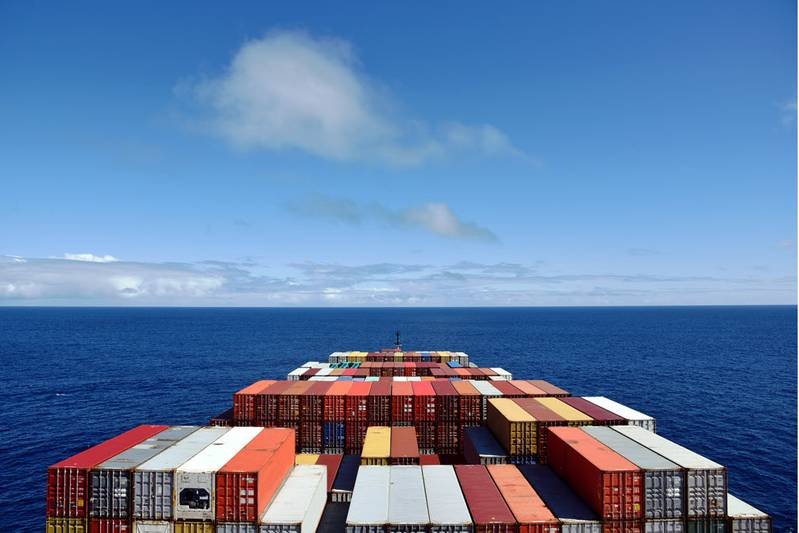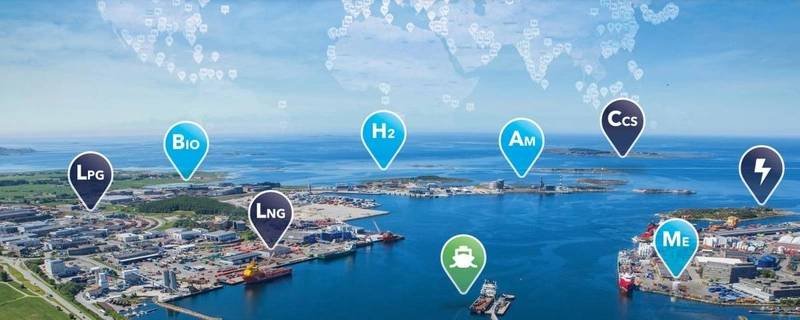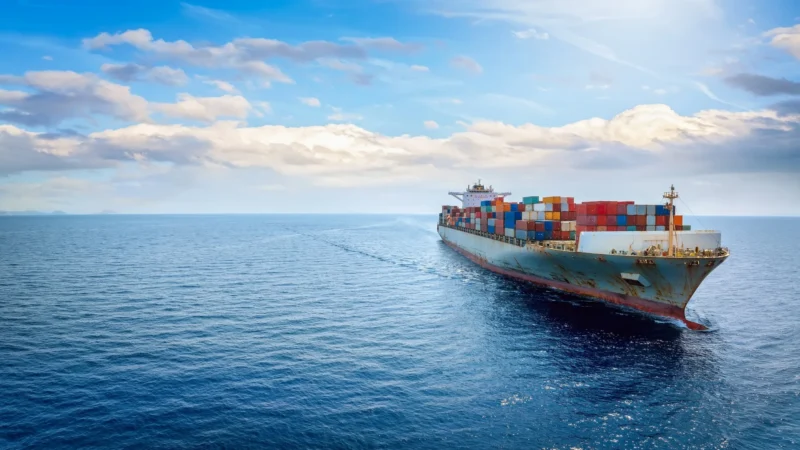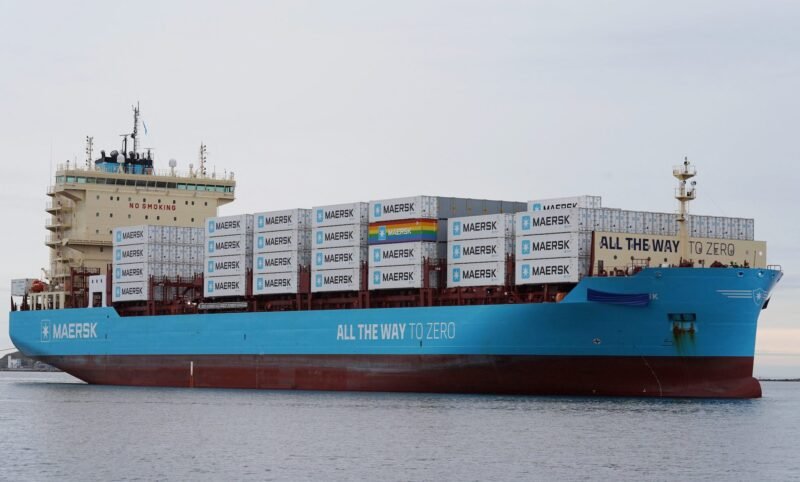Navigating the Waters of Emissions in the Shipping Industry
Introduction
As the shipping industry grapples with the urgent need to address climate change, discussions surrounding emissions and their reduction have become front and center at both domestic and international forums. Companies increasingly strive for net-zero targets fueled by evolving regulations from the International Maritime Organization (IMO). However, achieving these goals requires a multifaceted approach that encompasses transitioning from fossil fuels to alternative energy sources and ultimately achieving zero-emission technologies.
The Challenge of Decarbonization
One of the foremost challenges in decarbonizing the global fleet is the age of the current vessels. The average age of the global shipping fleet exceeds 20 years. This aging profile poses significant barriers, as many older vessels are not equipped with propulsion technology that can be readily modified for alternative fuels. Thus, to achieve meaningful decarbonization, investments in newbuild vessels designed to operate on cleaner fuels are crucial.
Understanding Alternative Fuels
While some companies may advocate for alternative fuels derived from oil or coal as a transitional solution, these options fail to meet the stringent “well to wake” criteria compared to marine diesel oil. Fuels such as methanol, ammonia, and liquefied natural gas (LNG) are often categorized as “grey” or “brown” alternatives that still pose significant environmental challenges. In contrast, “green” alternatives sourced from renewable energy technologies like biomass, wind, and solar are considered superior from a sustainability perspective.
In transitioning to alternative fuels, the industry must navigate a complex landscape characterized by safety concerns, infrastructure needs, and technological readiness.
The Transition Phase
As the industry moves forward, a notable uptick in orders for dual-fuel propulsion systems utilizing methanol, ammonia, hydrogen, and LNG signifies a pivotal shift. However, these systems often rely on marine diesel oil as pilot fuel, complicating emission reduction strategies. The lack of consensus on a single alternative fuel source poses yet another hurdle, inhibiting the broader adoption necessary for establishing a reliable global bunkering network.
The transition phase is laden with technical, operational, and logistical challenges. For instance, while some cities are keen to embrace fully electric ferries, inadequate power grid infrastructure inhibits the high-capacity charging critical for such operations.
Infrastructure Upgrades and Nuclear Solutions
To truly combat climate change and support alternative fuel adoption, significant infrastructure upgrades are required. The transition to a cleaner maritime future may necessitate exploring new technologies, including small modular reactors for nuclear power generation, to meet land-based energy needs. These innovations can help facilitate the successful integration of clean energy solutions across both maritime and terrestrial domains.
Addressing the Unique Challenges of Domestic Fleets
It is important to note that the emission reduction targets set by the IMO predominantly apply to larger “blue water” vessels, while the challenges faced by smaller “brown water” domestic fleets are markedly different. Comprehensive analyses are crucial to determine how to implement transitional emission requirements effectively along the coasts and rivers, taking into account existing market dynamics, vessel types, and operational patterns.
As the industry acknowledges the necessity of transitioning to cleaner fuels, critical questions must be posed: Where is the tonnage needed to transport methanol, hydrogen, and other alternative fuels?
Conclusion
In conclusion, the road to decarbonizing the maritime sector is fraught with challenges and complexities. A collaborative and unified approach to selecting alternative fuels, enhancing infrastructure, and addressing safety concerns is essential. With the looming deadline for emission targets, the shipping industry must act decisively, not only to meet regulatory obligations but also to contribute meaningfully to global climate change initiatives. Otherwise, the industry risks becoming a cautionary tale of inaction amid pressing environmental dilemmas.
Share it now







